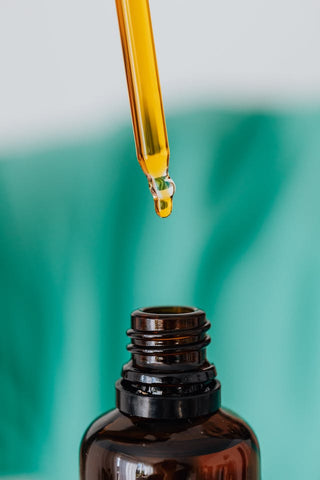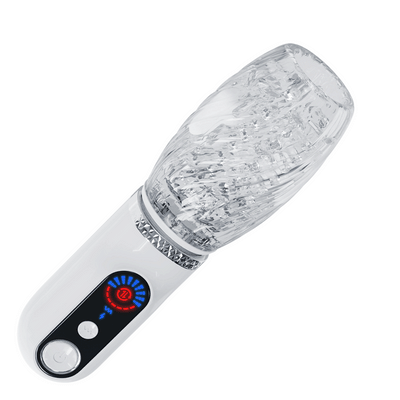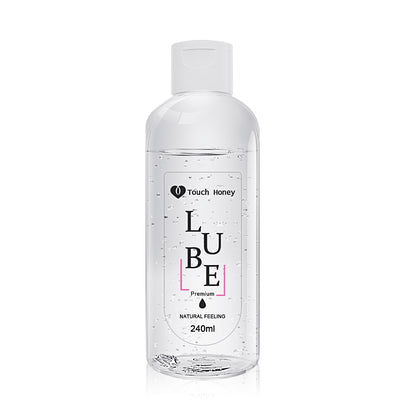The Impact of Creatine on Sexual Function
In the world of sports and physical fitness, creatine is no longer a hidden gem. Many enthusiasts have embraced this supplement as their ultimate ally for substantial performance enhancement.
Regular use of creatine helps combat muscle fatigue, supports muscle growth, and reduces the risk of injuries. It's a true game-changer for athletes striving to gain lean muscle mass and elevate their physical performance in record time.
While it's often seen as a go-to supplement for bodybuilders aiming to build and maintain muscle over the long haul, a growing number of athletes, whether elite or amateur, are turning to creatine to experience that explosive muscle boost within their own bodies.
With the surging demand for this substance, questions about potential side effects and its connection to sexuality, particularly erectile dysfunction, have arisen. More specifically with the development of erectile dysfunction. If you're an athlete who regularly includes these supplements in your routine, stick with us to explore whether creatine impacts sexual function. Let's dive in!
Creatine: what it is and what it is for
For those who are not yet acquainted with creatine, it's a natural substance produced by our body, primarily in the liver, kidneys, and pancreas. However, the body's natural production of creatine is limited to just 1 gram per day. So, if we wish to increase our creatine levels, we may consider taking a creatine supplement.
These dietary supplements are typically used for a specific duration, typically around 2-3 months, depending on individual needs. It's advisable to consume a prescribed dosage, either from a doctor or a nutritionist. This dosage typically falls in the range of 3-5 grams per day and is typically complemented with high-intensity training and a balanced diet.
Creatine offers several key benefits for the body, including:
- Preventing injuries and expediting muscle recovery.
- Enhancing sports performance.
- Promoting an increase in muscle volume.
- Combating muscle fatigue.
Are there really effects of creatine on sexuality?
Now that we've delved into the advantages of incorporating creatine into your regimen, it's time to address the question of potential negative effects on sexual well-being.

As it stands, there is currently no scientific evidence suggesting that creatine consumption leads to significant sexual issues. However, it's crucial to emphasize responsible use, adhering to recommended dosages and avoiding any form of excessive intake.
To determine the appropriate daily dose, it's best to consult with a professional, whether it's a doctor or a nutritionist, who can factor in your weight and height. Additionally, steer clear of low-quality creatine products, as these could potentially jeopardize your overall health, particularly kidney, digestive, and muscle function.
Does creatine cause impotence or erectile dysfunction?
No, it does not. The concerns about creatine's impact on sexual health are more rooted in myth than reality. As we've previously discussed, the key to avoiding any potential issues with creatine lies in its responsible consumption. When used properly, it doesn't result in any form of condition or a decrease in male libido.
It's essential to recognize that the misuse of substances like creatine, as well as other forms of anabolics and steroids, can indeed lead to severe erection problems. Therefore, responsible use is paramount to maintaining sexual well-being.
Tips to take care of your health and avoid the effects of creatine on sexuality
While there's no concrete evidence linking creatine to side effects or impotence, it's still prudent to mitigate any potential risks and use such substances responsibly. Here are some recommendations from our medical professionals that we believe are crucial:
- Always adhere to the recommended quantity and dosage.
- Increase your water intake while using these substances for sports.
- Prior to commencing this type of treatment, understand your baseline health status.
- Opt for supplements containing high-quality creatine.
- Maintain a balance between supplementation, exercise, and nutrition.










Leave a comment